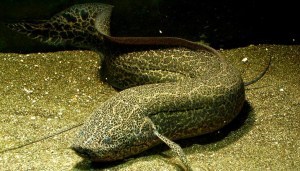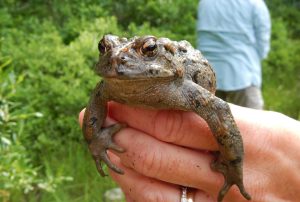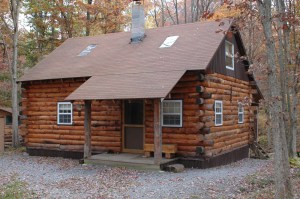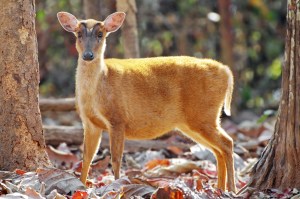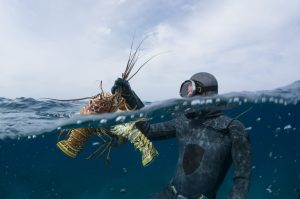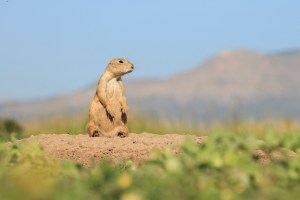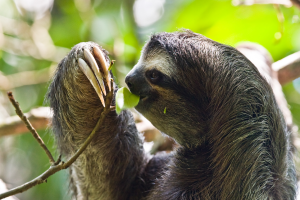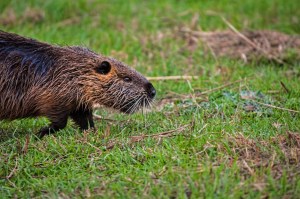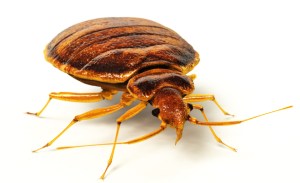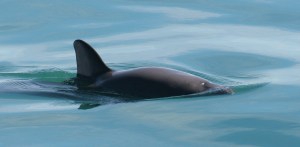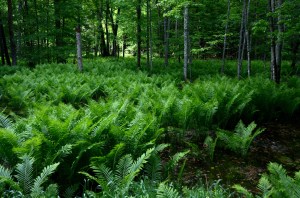Discover stories in Biodiversity
The Amazing Ancient Fishes of Africa
Meet fish that can breathe air, hibernate and even fly.
The Mystery of the Dying Boreal Toads
Boreal toads are disappearing in some areas, thriving in others, despite the same disease presence.
A Not-So-Simple Cabin in the Woods
It’s nature writing, it’s outdoor writing, it’s environmental writing. A review of Stephen Sautner’s "A Cast in the Woods."
Meet 6 Small and Bizarre Deer Species
Vampire deer. Six-inch fawns. A species no researcher has ever seen alive. And more.
Spiny Lobster: Sustainable Seafood in the Bahamas
The Bahamas spiny lobster is certified sustainable by the Marine Stewardship Council.
Prairie Dogs and Black Widows
There’s a lot more going on in prairie dog towns than meets the eye.
The Incredible Adventure of the Pooping Sloth
There was absolutely no mistaking what was about to happen. This sloth was about to poop. And we were going to watch.
Wolverines Move Into New Territory, But Still Need Our Help
The wolverine’s wandering is the stuff of legend. And new research backs it up.
Recovery by Eradication: Saving Marshes from Nutria
Can non-native nutria be stopped from destroying wetlands?
Bed Bugs: When Biodiversity Bites
Conservationists want to coexist with the earth’s creatures, but not when they move into bed.
Vaquita: The World’s Most Endangered Marine Mammal
The vaquita, a small porpoise in the Gulf of California, is going extinct. A new book sheds light on its complicated plight.
A Feast of Fiddlehead Ferns
Everything you need to feast on ferns.
